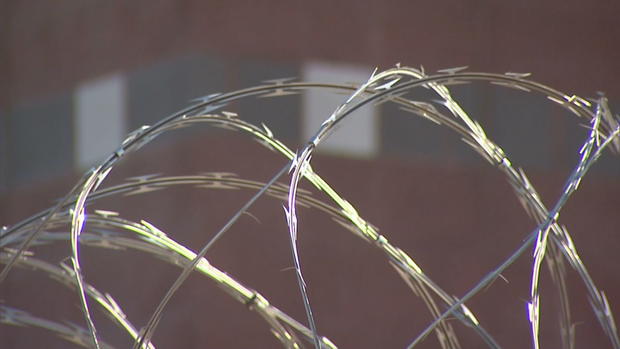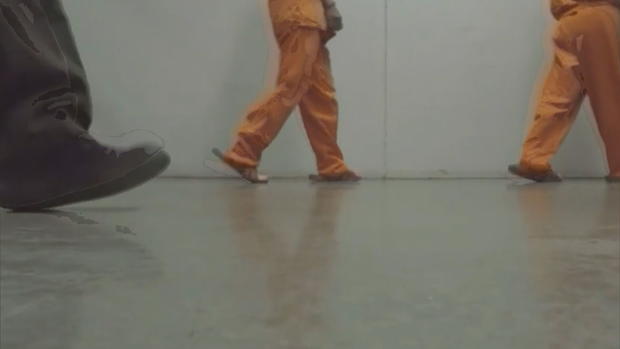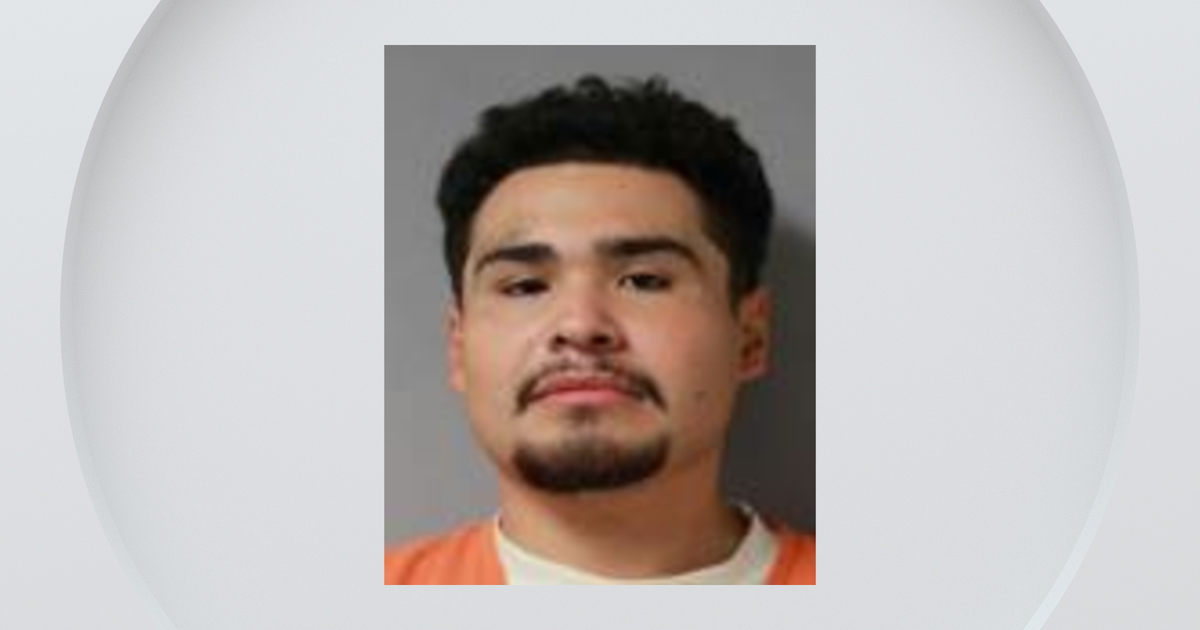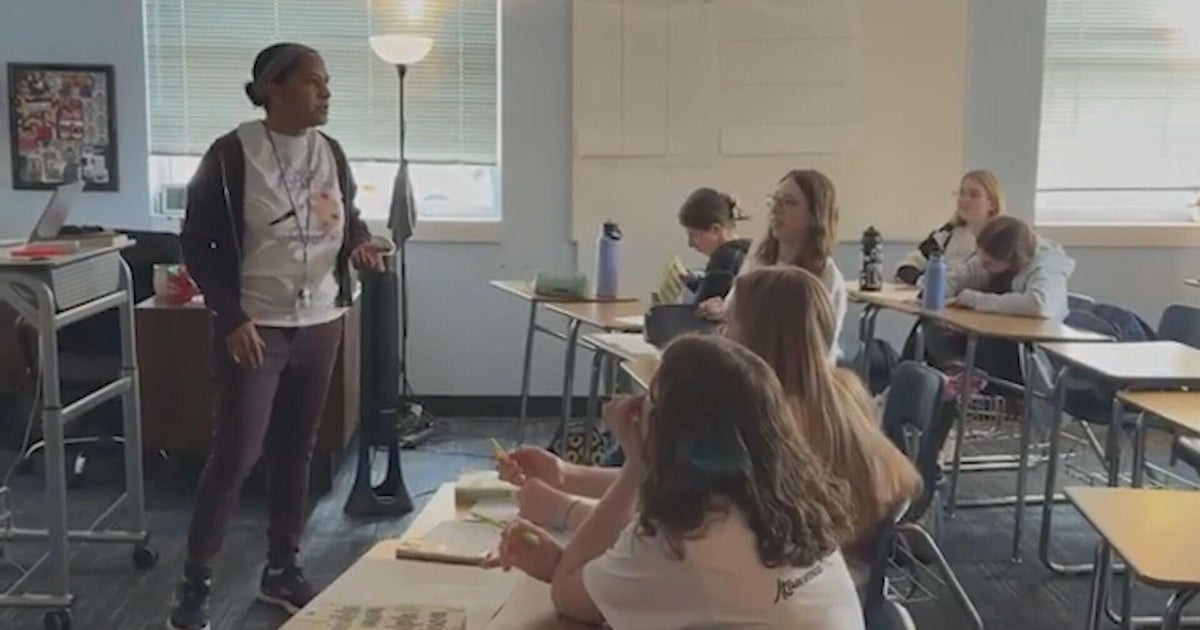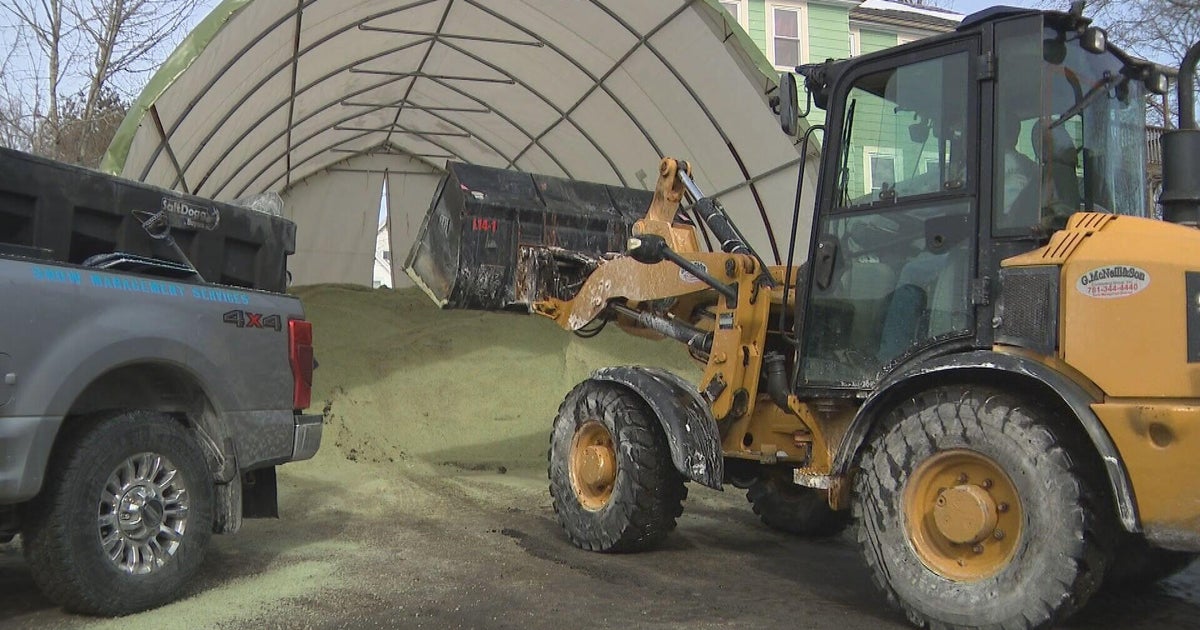Some Colorado Counties Push Back On Idea Of Shutting Down Private Prisons
DENVER (CBS4) - For some, the Executive Order from President Biden banning the Department of Justice from signing any new contracts with private prisons reignited the issue in Colorado. For others, they've been fighting for two years over the issue.
Some say private prisons increase recidivism and don't offer inmates the same services as state-run facilities do. For people who live near the two private prisons in Colorado, it's become a lifeline to jobs and services the community relies on.
"I don't know why it's being targeted. Just an overall industry as if it's inherently evil. I just don't see that," said Bent County Commissioner Kim MacDonnell.
The Crowley County Correctional Facility and Bent County Correctional Facility were set up decades ago when Colorado had a bed shortage for inmates. Both are owned by CoreCivic and contracted with the state's Department of Corrections and house about 2700 inmates between the two.
"Not everybody wants to come and build a business in rural Colorado, and so there are industries we will look after that aren't welcome in other people's backyards. We are proud of that," MacDonnell said. "It happens to be our largest tax payer, our biggest employer and some of the highest salaries in the valley. So it's a big deal."
Gov. Jared Polis has said he wants to see the state eliminate the use of private prisons. One facility in Colorado Springs closed last year. Recently a study into the use of private prisons was published as part of legislation passed by State Rep. Leslie Herod.
"We have the opportunity to close down some of these private prisons, and prisons in general, because we don't need them in the state and we can reprioritize those funds for something else," Herod said. "If we close down one or two facilities we're going to save the state millions of dollars, period. And even if we reinvest in those communities we will still see a cost savings in the millions of dollars. Right now, our prison budget is over a billion dollars, and it continues to grow. I think we should reinvest in services we can actually ensure our recidivism rate goes down, that offenders are able to transition back into the community and be productive and have a shot at being productive instead of going right back into the system."
Herod says she's toured both state-run and private facilities and notices a difference in what is available to inmates.
"We can do things like investing in mental health and substance use so they don't go back into the community and back into the situations they were in before," she said.
There's also efforts underway to look at how to help communities around Otero, Bent and Crowley counties if the prisons were to close. But specific plans haven't been finalized.
"We can shut down those facilities. We have the capacity. But, we will leave those communities without a large segment of their working population and their tax base, and if we do that it will be irresponsible if we walk away from those communities. We have to reinvest in those communities," Herod said. "We can do something that makes more sense for that community, but also doesn't do it on the backs of inmates who really obviously need an opportunity to transition back into society."
Roughly 60% of workers live in Otero, Crowley and Bent Counties who work at the two private prisons. In Crowley County the correctional facility makes up nearly half of the taxable property. Closing would be devastating to fire districts, schools and many more community assets.
While closing Colorado's private prisons may take a few more years, people around the facilities are hoping they can change enough minds to keep them open.
"Now that the political winds have changed and the attitudes toward this industry have changed, we're being left in the cold," MacDonnell said. "We don't believe like we're in the wrong. It would be a strong, negative, and lasting impact on our community."
